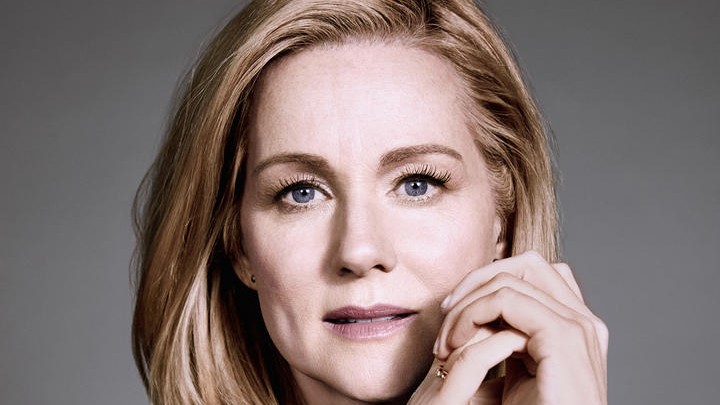Emmy and Golden Globe award-winning Laura Linney (Ozark, Love Actually, John Adams) and BAFTA award winner Rhys Ifans (Inheritance, Venom: The Last Dance, House of the Dragon) will star in the BBC film But When We Dance, “a touching story…
BBC Sets Laura Linney, Rhys Ifans Parkinson’s Film ‘But When We Dance’
